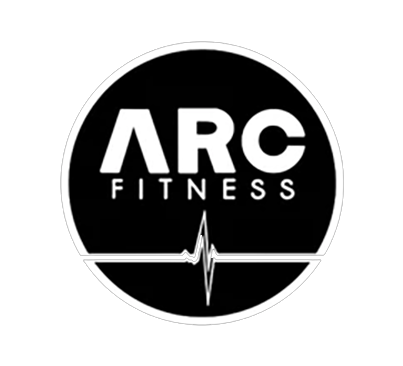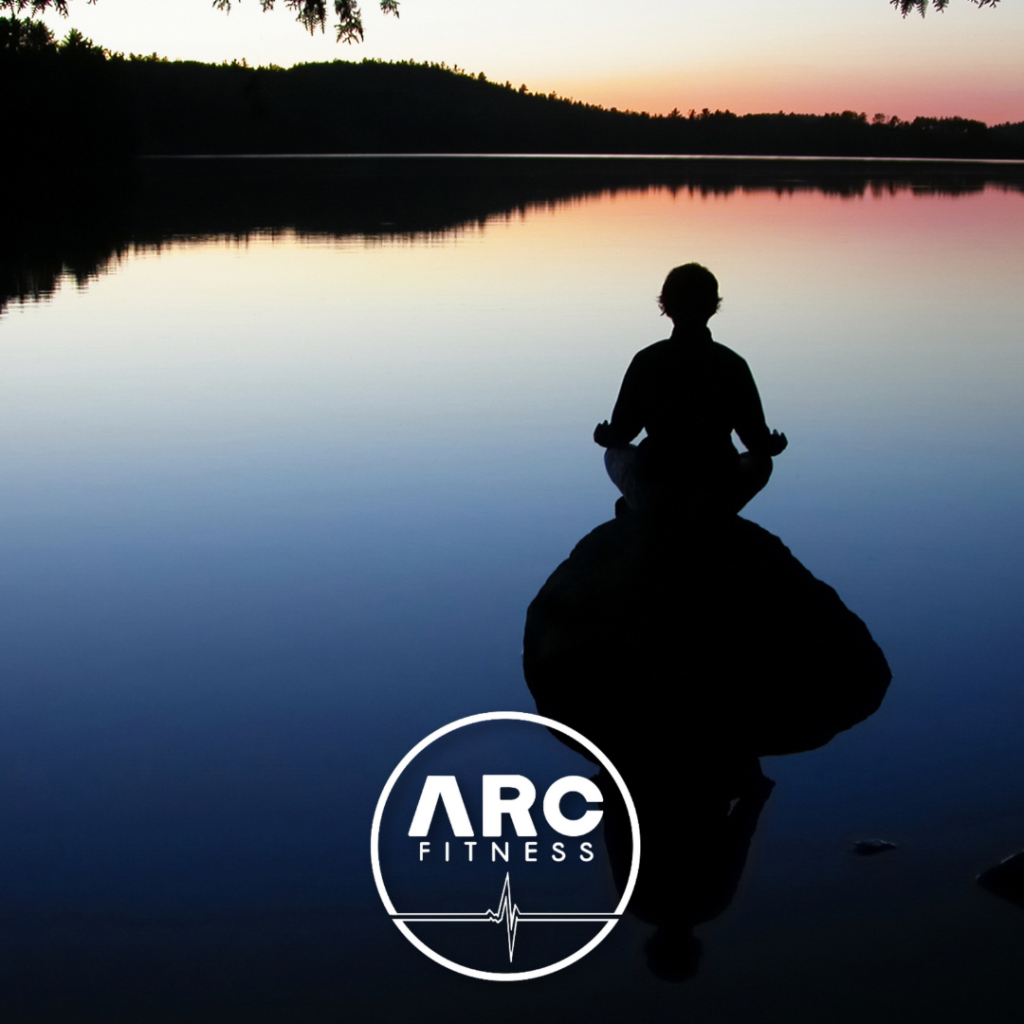No products in the basket.
Uncategorized
Nutrition, Sleep & Recovery: The Lifestyle Trifecta
Nutrition, Sleep & Recovery: The Lifestyle Trifecta
Recovery is more than just abstaining from substances. It’s about rebuilding your life from the inside out—and that starts with the basics: nutrition, sleep, and physical recovery. At ARC Fitness, we believe these three pillars form the foundation of long-term sobriety, resilience, and well-being. They’re not luxuries, they’re lifelines.
Why the Basics Matter
When someone is in active addiction, basic health needs are often neglected. Poor diet, erratic sleep, and chronic stress take a toll on both the body and the brain. As the recovery process begins, restoring these essential habits is not only healing—it’s empowering.
Let’s break down how each of these pillars supports recovery.
1. Nutrition: Fuel for the Brain and Body
Substance misuse depletes essential nutrients, disrupts digestion, and alters appetite regulation. A poor diet can prolong withdrawal symptoms, worsen mental health, and increase cravings.
Key Benefits of Balanced Nutrition:
- Stabilised mood: Regular meals with complex carbs and healthy fats support serotonin production.
- Improved energy levels: Nutrient-dense foods restore depleted systems.
- Reduced cravings: Blood sugar stability reduces the urge to reach for quick fixes.
At ARC, we encourage clients to adopt simple, sustainable eating habits—nothing extreme. Think real food, regular meals, hydration, and a mindset of fuelling recovery, not restriction.
2. Sleep: The Ultimate Recovery Tool
Sleep isn’t just rest—it’s repair. During deep sleep, the brain processes emotions, consolidates memories, and restores energy reserves. For people in recovery, this is crucial.
However, many in early recovery struggle with sleep issues, often due to years of disrupted circadian rhythms. That’s why sleep hygiene is a core part of our education and coaching.
Tips for Better Sleep in Recovery:
- Stick to a consistent bedtime and wake-up time.
- Limit caffeine and screen time in the evenings.
- Create a calming pre-sleep routine (breathwork, journaling, stretching).
When sleep improves, everything else follows: focus, willpower, mood, and motivation.
3. Physical Recovery: Movement, Rest and Regulation
Exercise is a powerful tool in addiction recovery, but so is rest. Many people swing between extremes—either overtraining or doing nothing at all. We teach clients to listen to their bodies and recognise that recovery includes both effort and downtime.
How Physical Recovery Supports Healing:
- Reduces stress and anxiety: Movement helps regulate cortisol and adrenaline levels.
- Promotes better sleep: Regular exercise improves sleep quality.
- Restores self-trust: Showing up for your body builds confidence and discipline.
Group fitness sessions at ARC combine structure with community, helping clients build healthy routines that go beyond the gym.
The Power of Consistency
None of these elements work in isolation. Nutrition, sleep, and recovery work together—each supporting and amplifying the others. When all three are aligned, individuals feel more in control, more energised, and more equipped to navigate the ups and downs of recovery.
This is why our ‘Iron Sharpens Iron 2025’ campaign is grounded in the fundamentals. You can’t build strength without a strong base. And that base starts with the way you eat, sleep, and move.
Getting Back to Basics
You don’t need fancy supplements or elite routines to change your life. Start simple:
- Eat 3 balanced meals a day.
- Get 7–9 hours of sleep each night.
- Move your body in ways that feel good.
- Take rest days seriously.
That’s how we help people go from surviving to thriving.
Join the Movement
If you or someone you know is on a recovery journey and ready to rebuild from the ground up, ARC Fitness is here. Join us through our ‘Iron Sharpens Iron’ campaign and discover the power of a strong foundation.
Visit ARC Fitness to learn more and take the first step. When you look after the basics, the big things take care of themselves.

